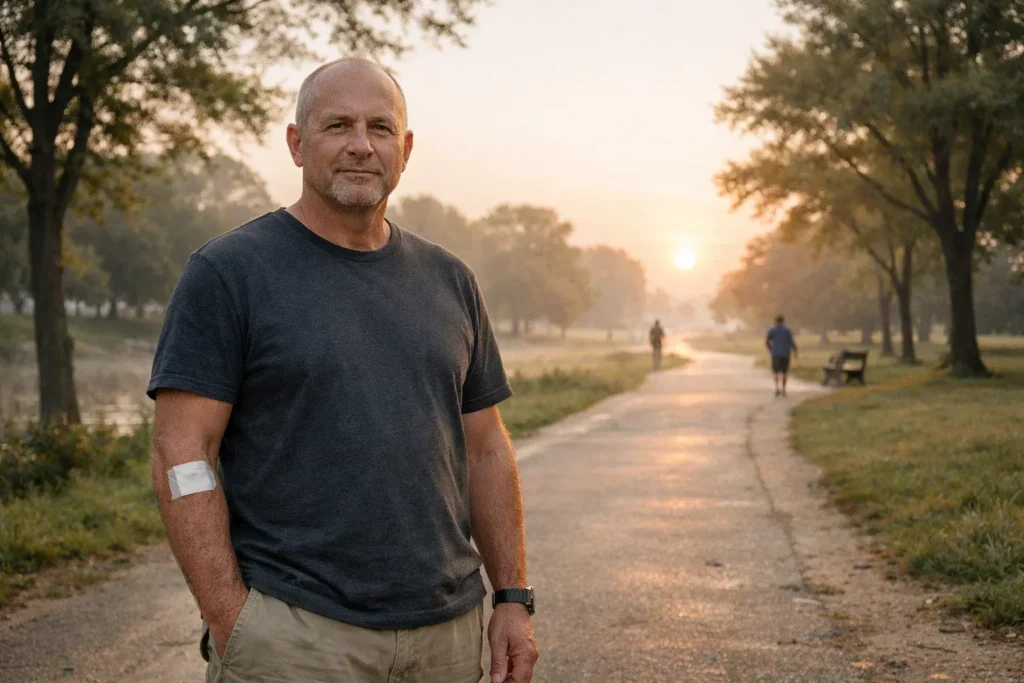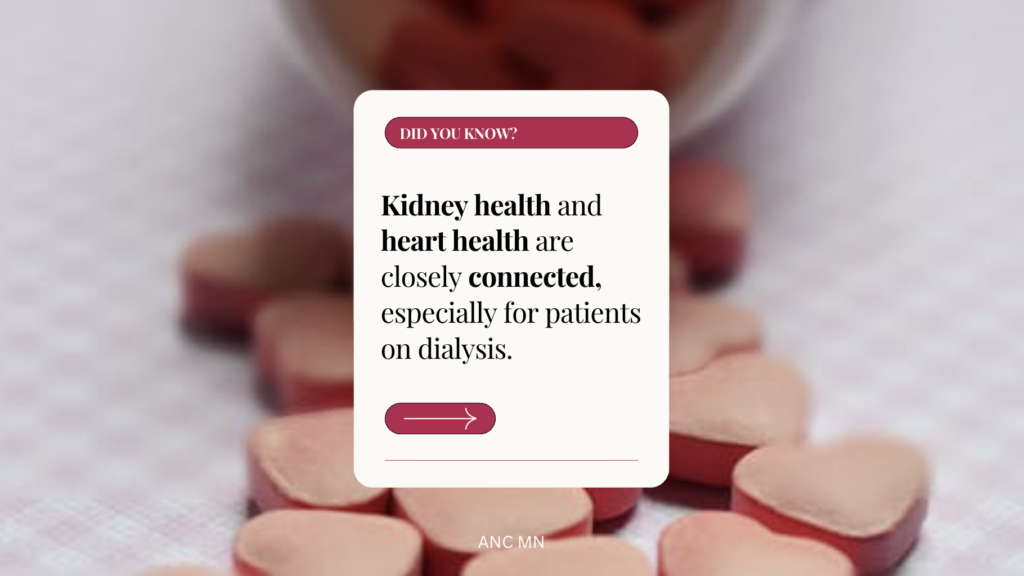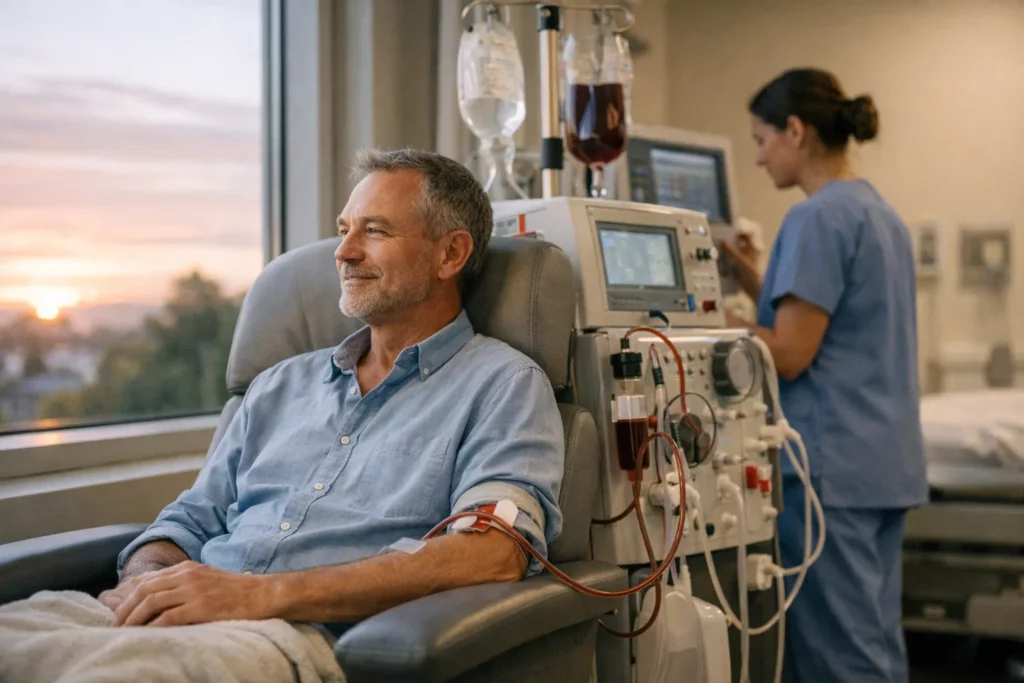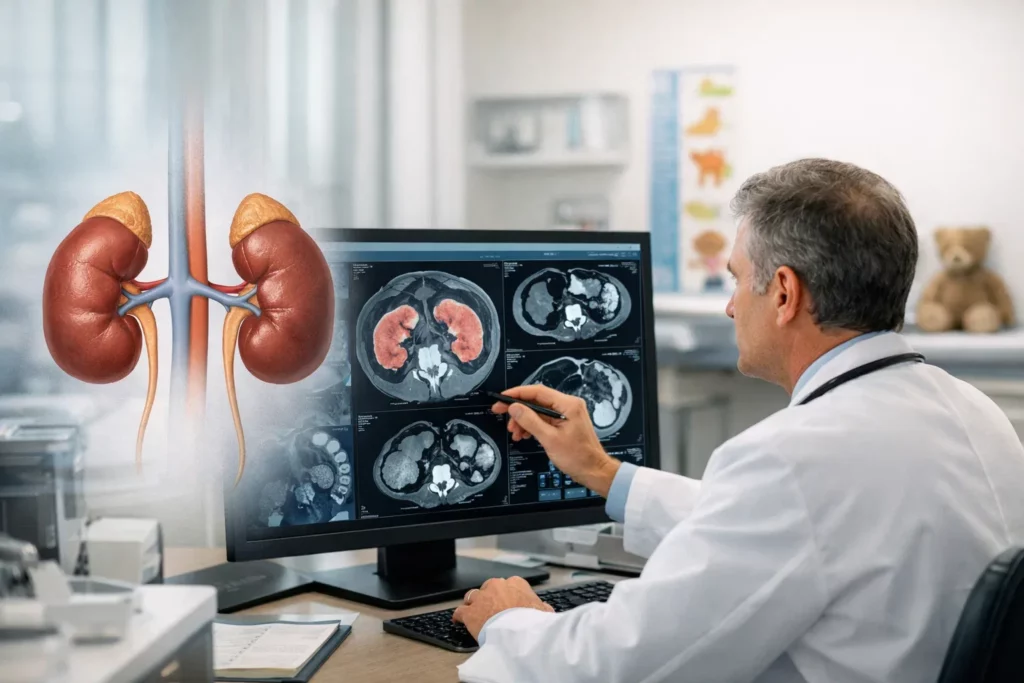Polycystic Kidney Disease (PKD) can feel like a long road stretching ahead—lots of uncertainty and questions. But here in Minnesota, caring specialists and treatment options are available, and they’re tailored to you. The good news: knowing what’s out there already brings relief.
“Support doesn’t start when symptoms hit—it starts the moment you ask, ‘What’s next?’” That’s the approach at Associated Nephrology Consultants (ANC).
What Makes PKD Unique in Minnesota
PKD isn’t like other kidney conditions. It’s genetic, marked by expanding cysts that gradually change kidney function. But experts across Twin Cities clinics, including ANC, are experienced in helping people live fully, for years. Whether you’re near Minneapolis or out in Duluth, there are nephrology teams who understand both PKD and your life context.
Because PKD progresses differently from patient to patient, starting the conversation early helps you stay ahead—even when you’re feeling fine.
Classic Treatment Paths—and How They Look Locally
Lifestyle Habits That Help
“Not dramatic, just steady,” says one Minnesota patient. Healthy habits—high hydration, balanced sodium, routine check-ups—can slow progression. At ANC, patients are encouraged to focus on what they can control, step by step.
Medicine That Targets PKD
Medications can’t cure PKD, but they can ease symptoms and slow cyst growth. Blood pressure control is central—ACE inhibitors or ARBs are often prescribed. ANC nephrologists also help patients manage pain, frequent UTIs, or kidney stones as they arise.
Advanced Interventions & Dialysis Options
If kidney function dips significantly, outpatient dialysis centers across Minnesota—including those supported by ANC—offer tailored, neighborhood-based care. Many clinics in MSP offer evening slots so you’re still around for family dinners. And inpatient services step in when complications require urgent oversight.
Transplant as a Future Step
For many with advanced PKD, transplant offers long-lasting quality of life. Living-donor transplants are supported by Minnesota transplant centers, and ANC helps coordinate evaluations, prep, and follow-up care—making the journey smoother.
Connecting You with PKD Support & Research
Minnesota’s research programs—especially through academic medical centers—are often running PKD studies. Participating isn’t for everyone, but some report it brings access to newer therapies plus a sense of agency. ANC also connects patients to local support groups, where people share tips on dialysis scheduling, family balance, and managing pain on rough days.
FAQs
Q: What should I expect at my first appointment?
You’ll review your family history, imaging, and labs. The nephrology team—like those at ANC—will talk about symptom tracking, blood pressure goals, and possible next steps. Bring questions—or bring someone you trust.
Q: Can lifestyle really slow PKD?
It’s not a cure, but hydration, controlled sodium, and stable blood pressure can help protect function longer. ANC emphasizes steady progress, not perfection.
Q: Is dialysis inevitable?
Not always. Many people stay stable for years with proper monitoring and treatment. If it’s needed, outpatient options are widely available in Minnesota with ANC’s guidance.
Q: What’s the advantage of living-donor transplant?
A living donor may mean shorter wait times and better outcomes—but it involves evaluation and coordination. ANC teams guide you through every step.
Q: Are there support resources nearby?
Yes—local PKD support groups, patient networks, and research trials at medical centers. ANC can connect you with these resources for added support.
Closing Thought
Living with PKD is not a journey you take alone. Minnesota offers experienced care, research opportunities, and strong community support. To learn more about treatment options and personalized care, reach out to Associated Nephrology Consultants (ANC)—a trusted partner in your kidney health journey.





